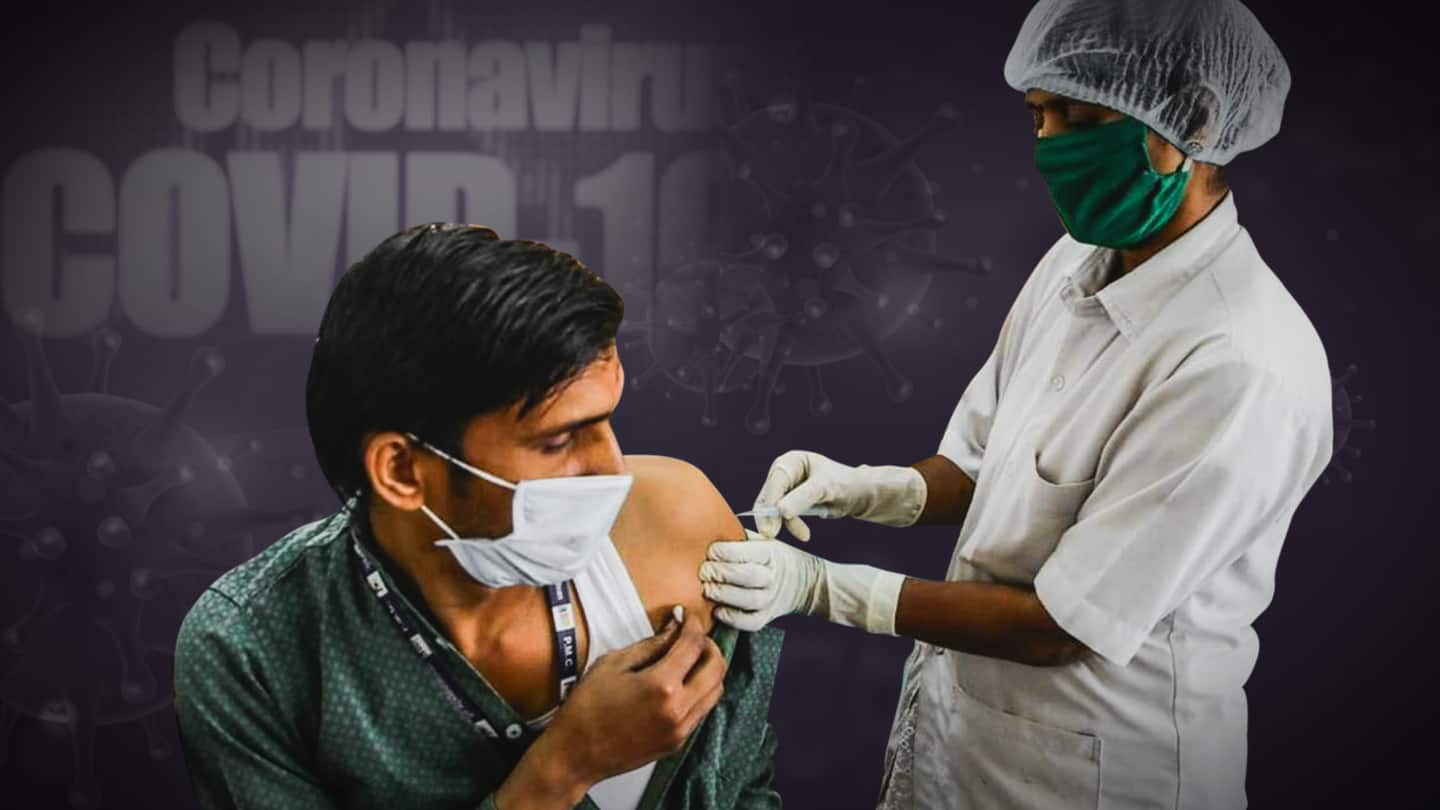
'Test, track, and treat': Centre to states/UTs reporting COVID-19 surge
What's the story
Eight states and Union Territories—that have been recording a sharp rise in the daily COVID-19 cases—were on Saturday directed by the Centre to return to the "test, track, and treat" strategy.
Union Health Secretary Rajesh Bhushan and NITI Aayog Member Dr. Vinod K Paul convened a meeting with Health Secretaries of Andhra Pradesh, Chandigarh, Delhi, Goa, Haryana, Himachal Pradesh, Odisha, and Uttarakhand.
Here's more.
Details
High active caseloads being reported from the 8 states/UTs
During the meeting, COVID-19 health measures, as well as surveillance, containment, and management strategies, were reviewed by Bhushan and Paul in view of the rise in positivity and daily infections in the aforementioned eight states and UTs.
According to the Union Health and Family Welfare Ministry, high active caseloads are being reported from these states and UTs in recent days.
Concerning situation
Situation in numerous districts of these states concerning: Ministry
The Ministry highlighted the situation in 15 districts in Haryana, 10 each in Andhra Pradesh and Odisha, nine each in Delhi and Himachal Pradesh, seven in Uttarakhand, and one in Chandigarh remains concerning as they witness a decline in COVID-19 tests, increase in weekly positivity, and decreased contact-tracing.
"These together can pose a high risk of transmission to the neighboring states and UTs," it warned.
Directions
States, UTs directed to promote COVID-19-appropriate behavior
The aforementioned states/UTs were told to promote COVID-19-appropriate behavior through communication and enforcement, while continuing with the effective "test, track, and treat" strategy that yielded great results at the peak of the pandemic.
These states/UTs were directed to improve the overall testing in the districts that are recording a decline in testing, and increase RT-PCR testing in the districts more dependent on antigen testing.
Details
Should conduct average close contact-tracing of 20 persons per case
The central government's panel asserted that states/UTs must refocus on surveillance and stringent containment of places having clusters of cases, and conduct an average close contact-tracing of at least 20 persons per positive case.
It added these states/UTs should focus on clinical management and strengthen health infrastructure to ensure effective clinical management to patients as a rise in cases also impacts the fatality rate.
Vaccination
Ministry emphasizes need for acceleration of vaccinating priority groups
These states/UTs need to accelerate inoculation of priority population groups, making optimal use of available vaccine doses focusing on critical districts, said the Health Ministry.
Concerned authorities can partner with participating private hospitals to open up the vaccination schedule at least for 15 days and a maximum of 28 days at a time, it added. They were also asked to prevent potential super-spreading events.